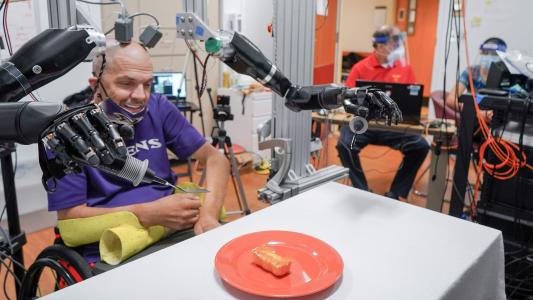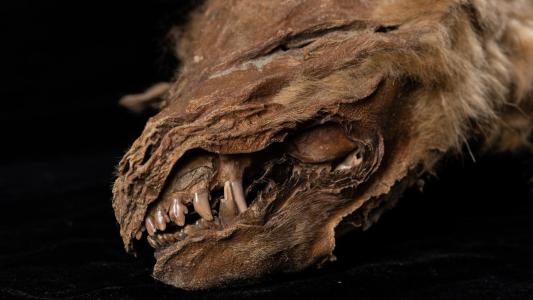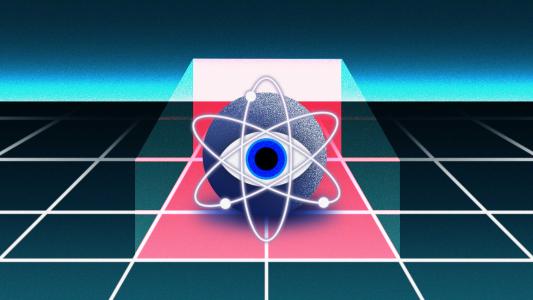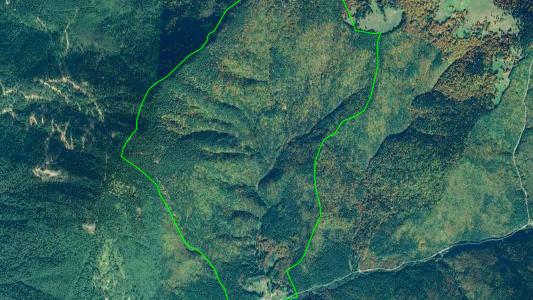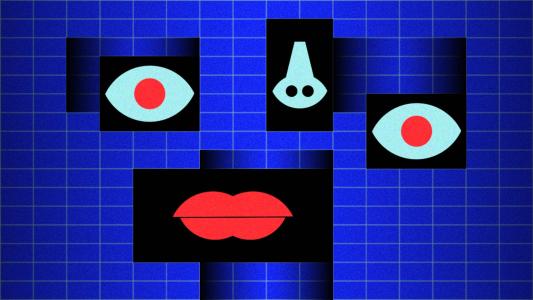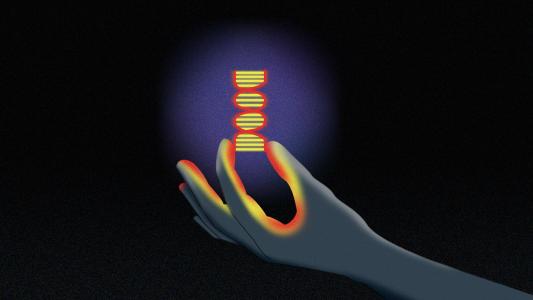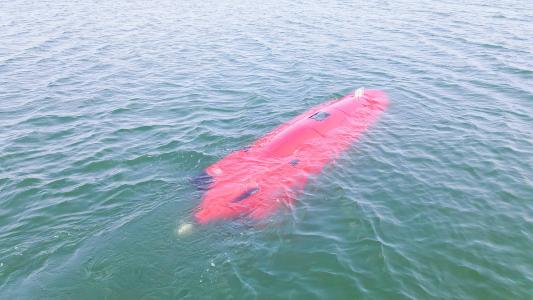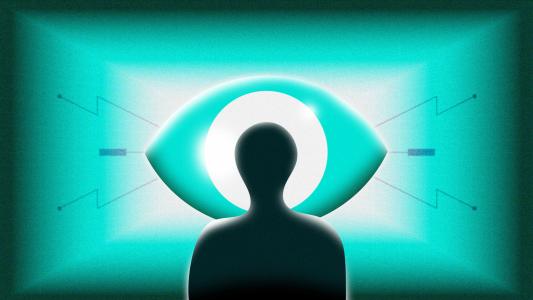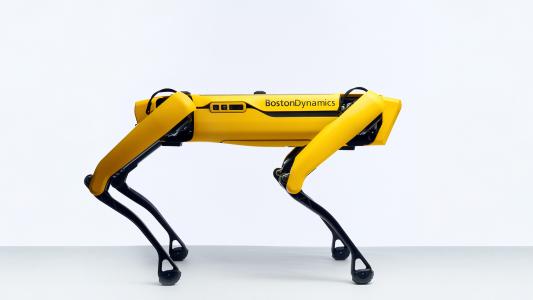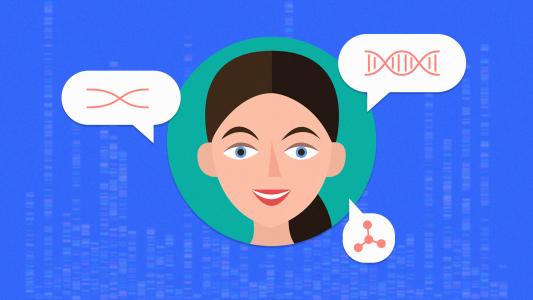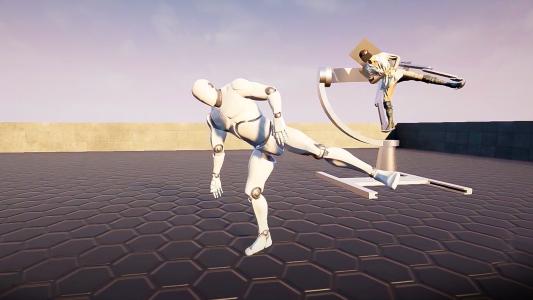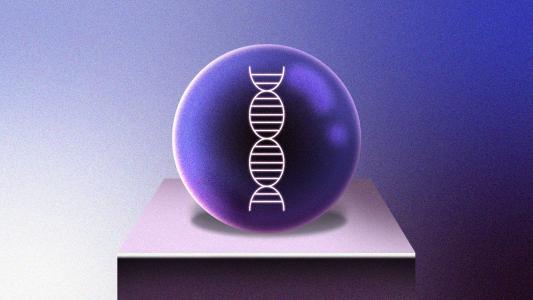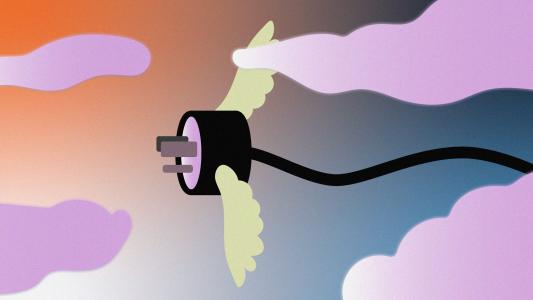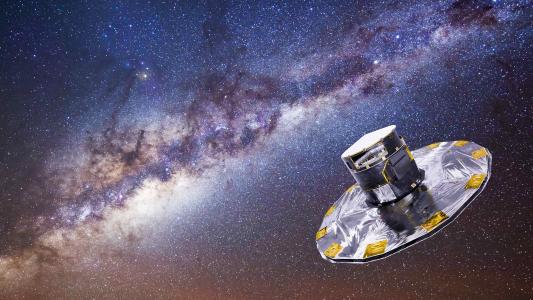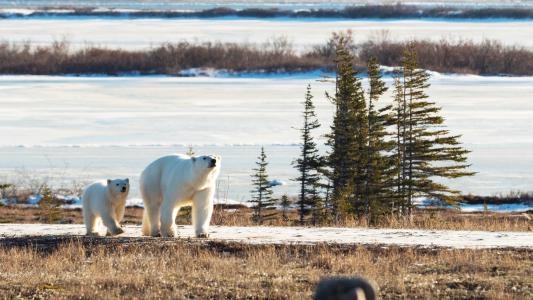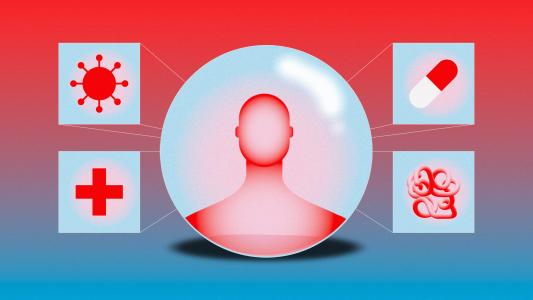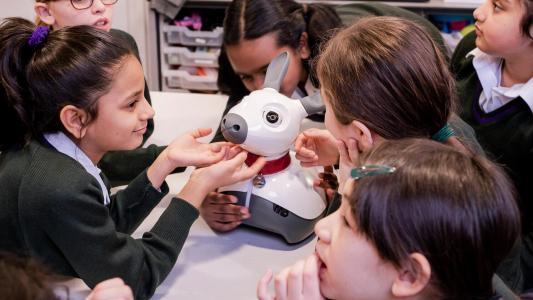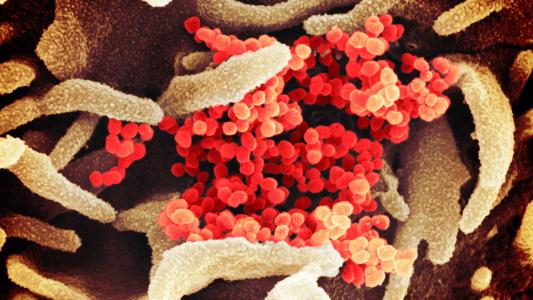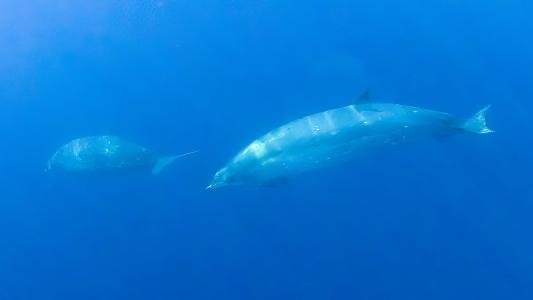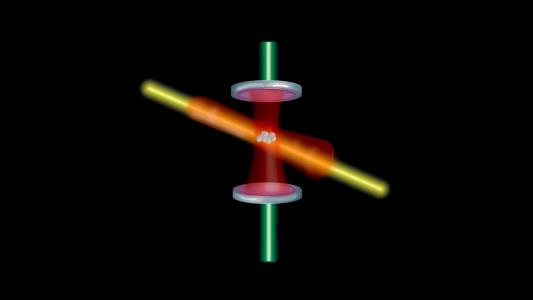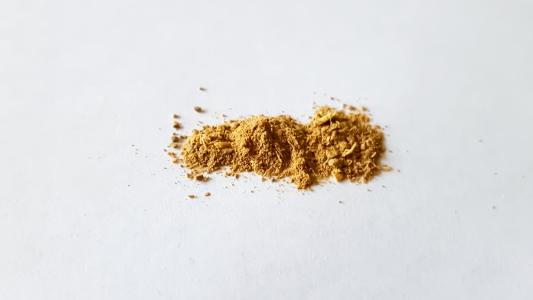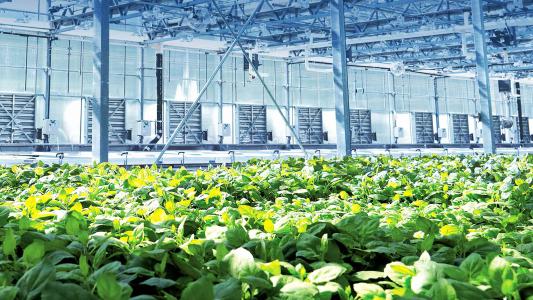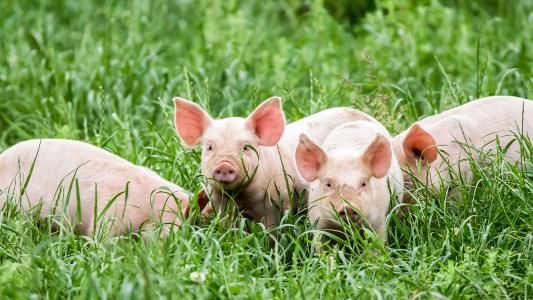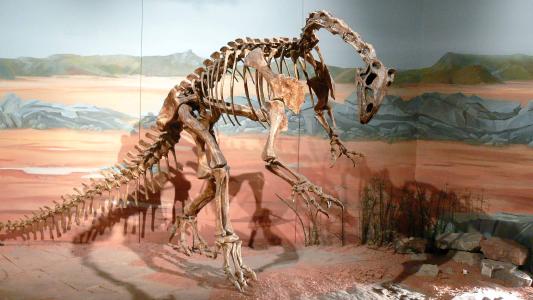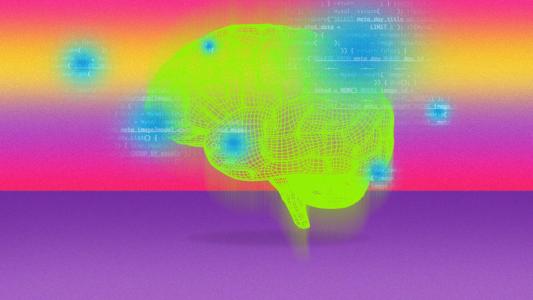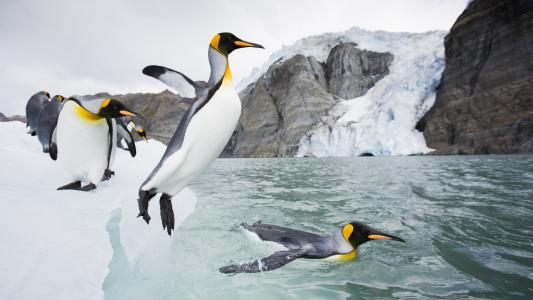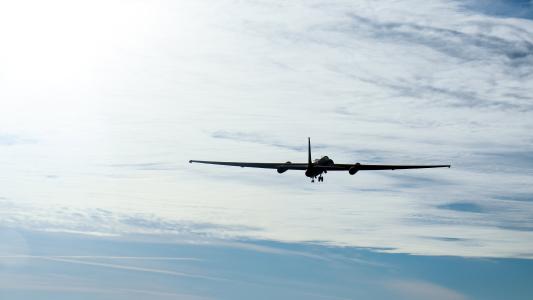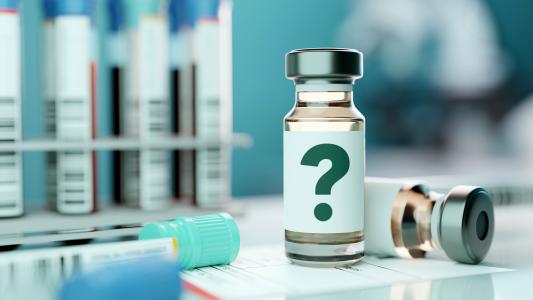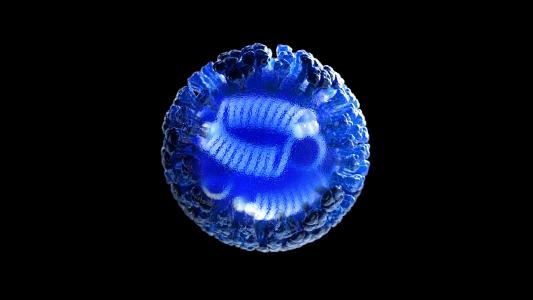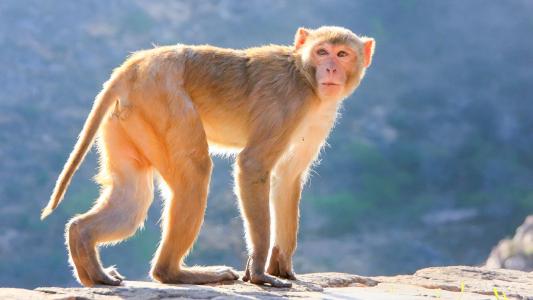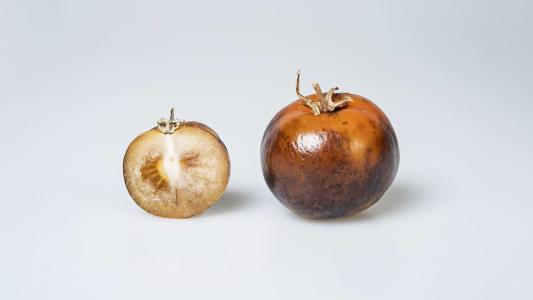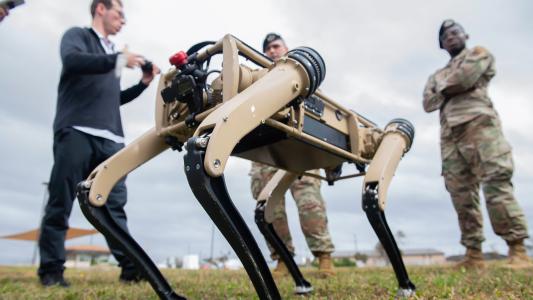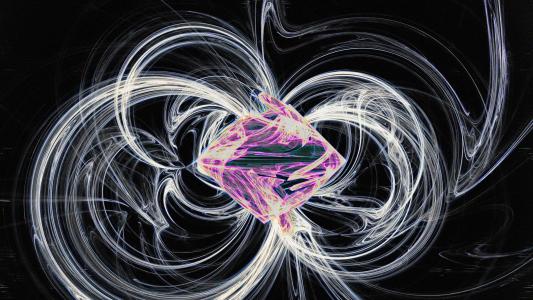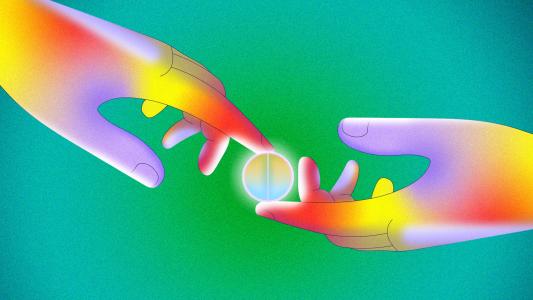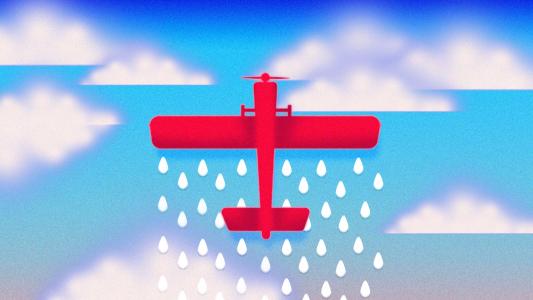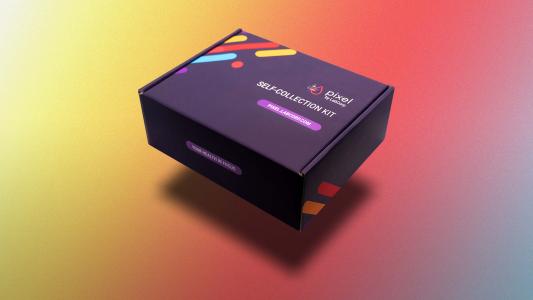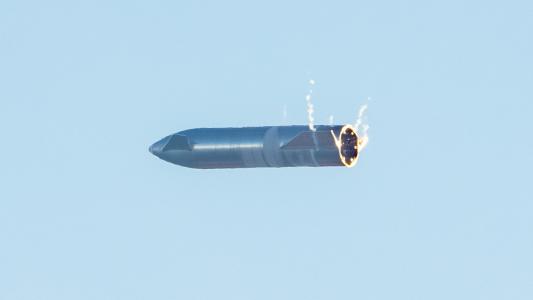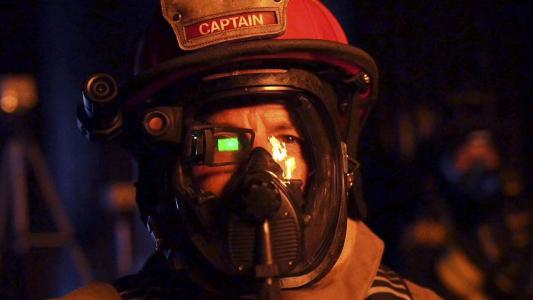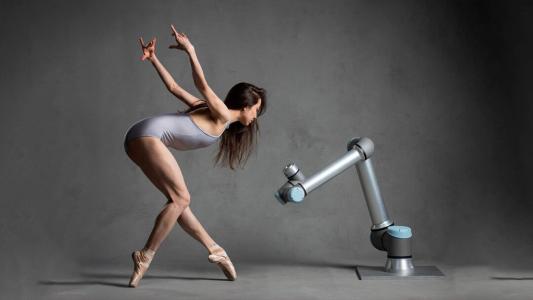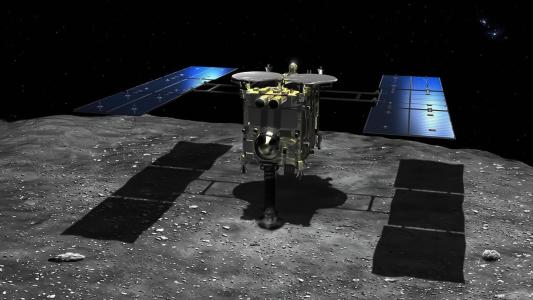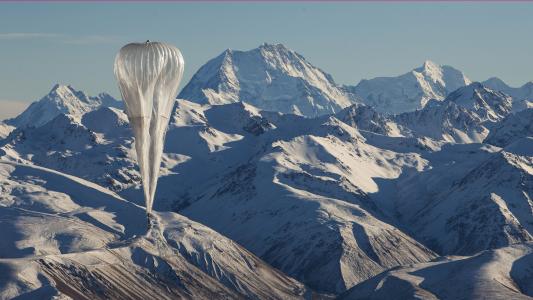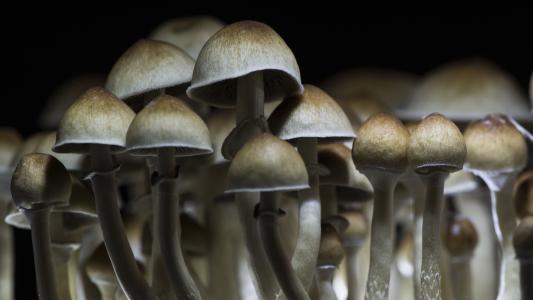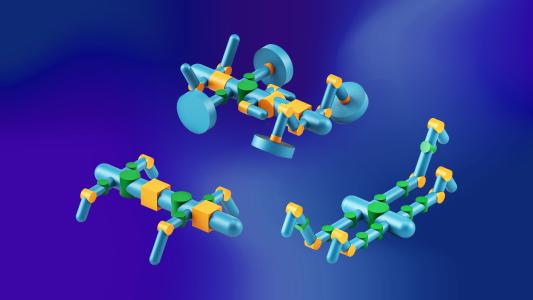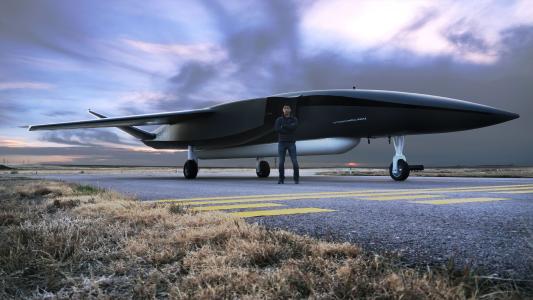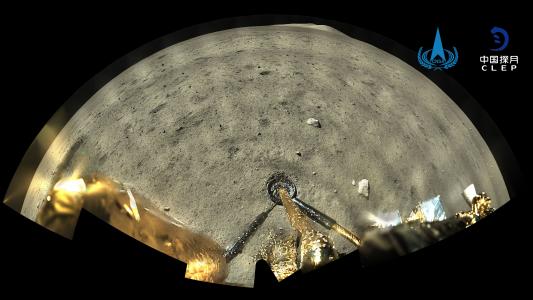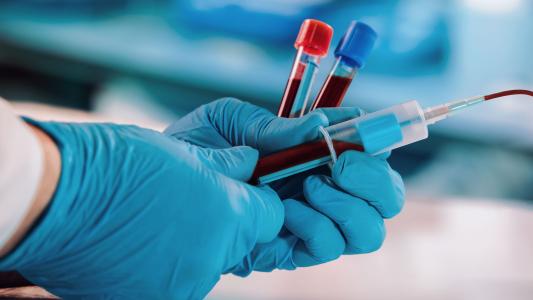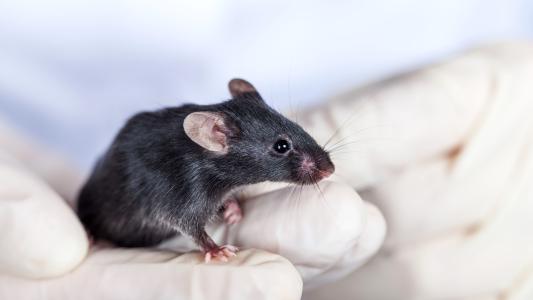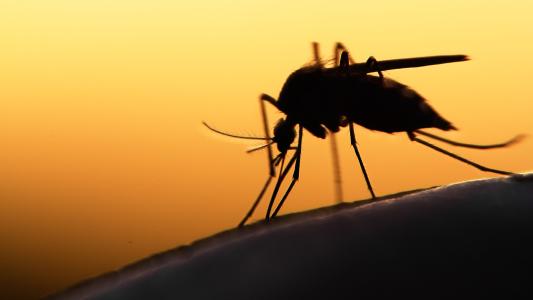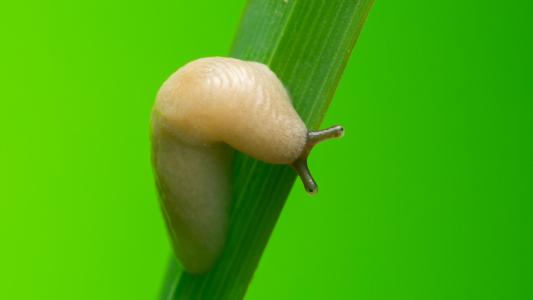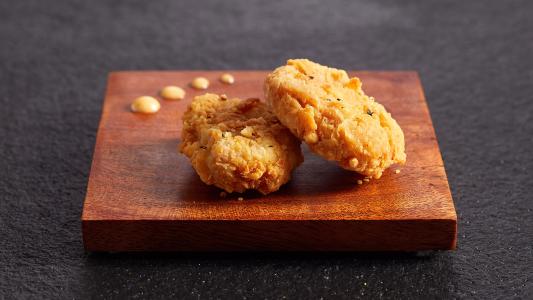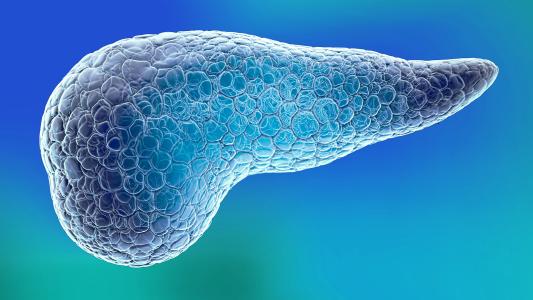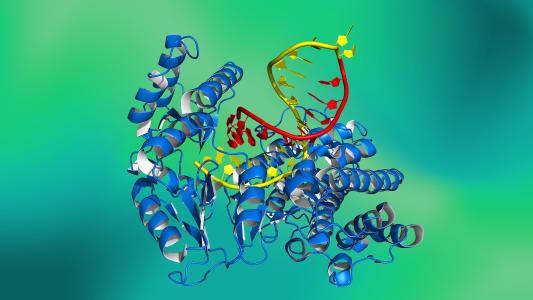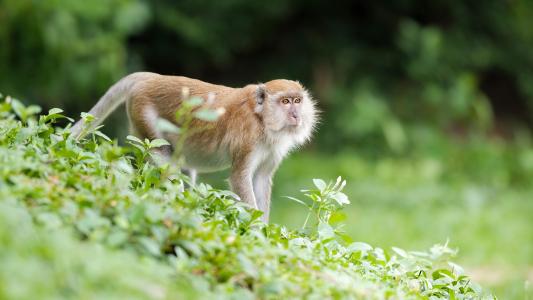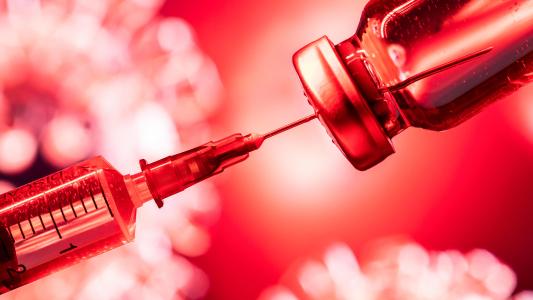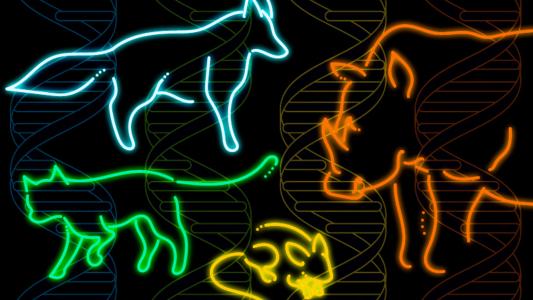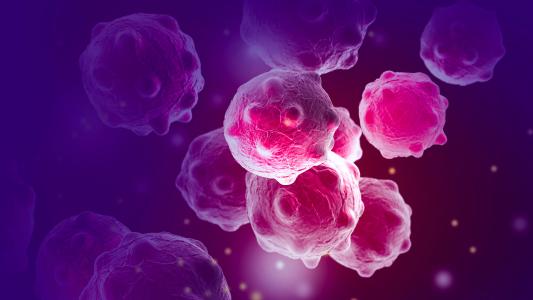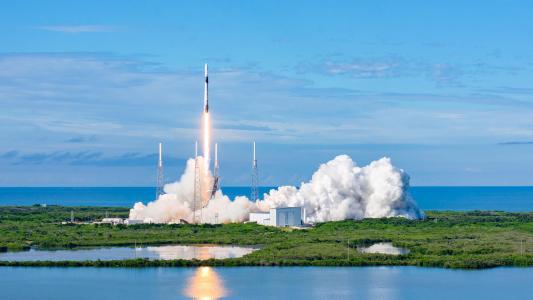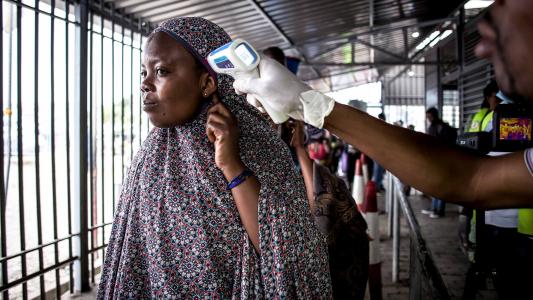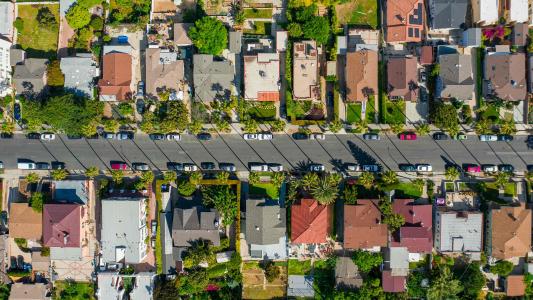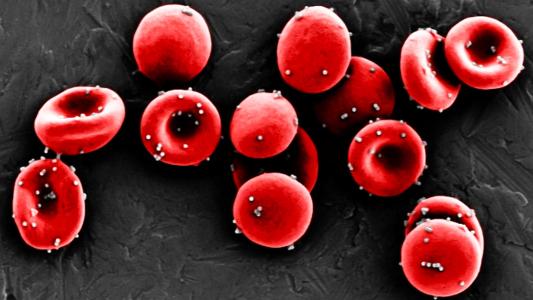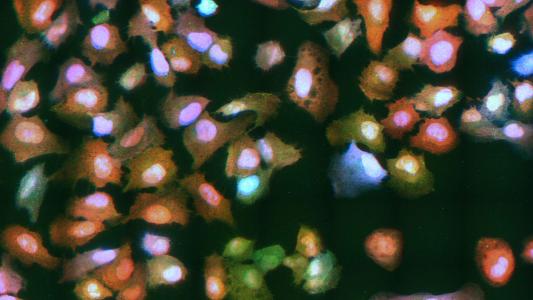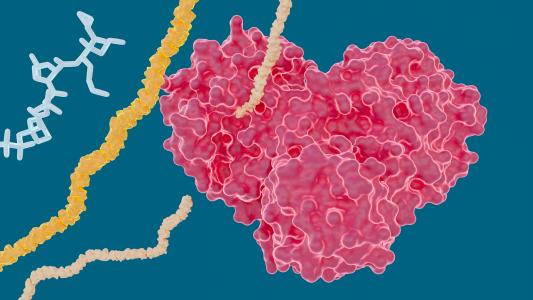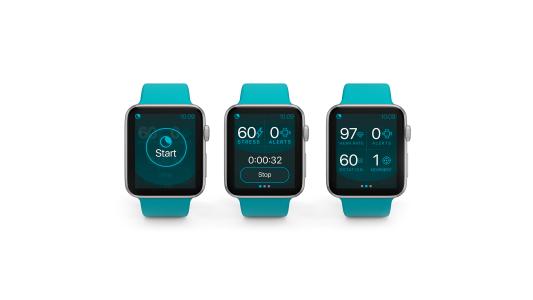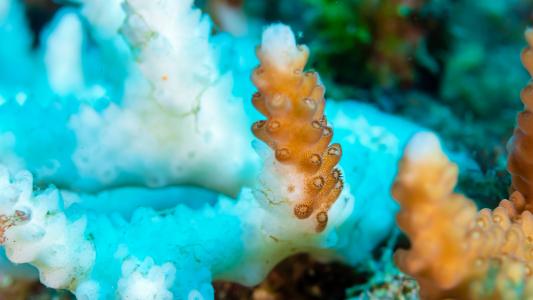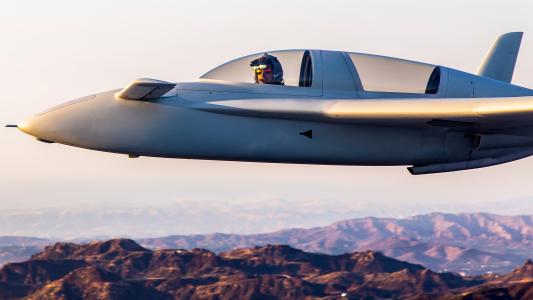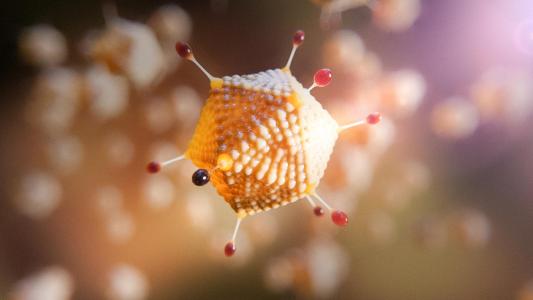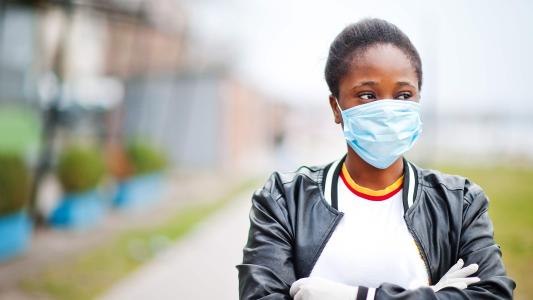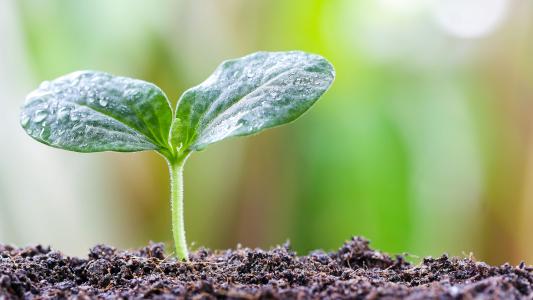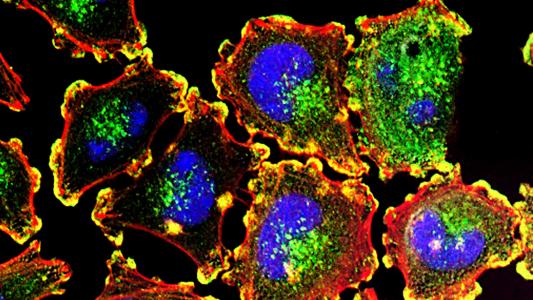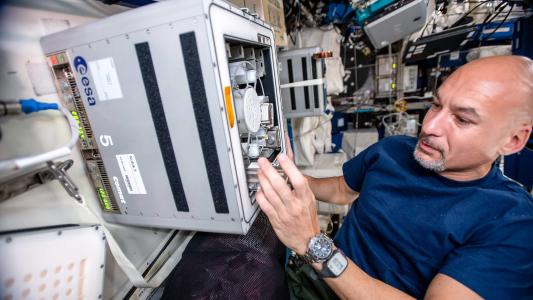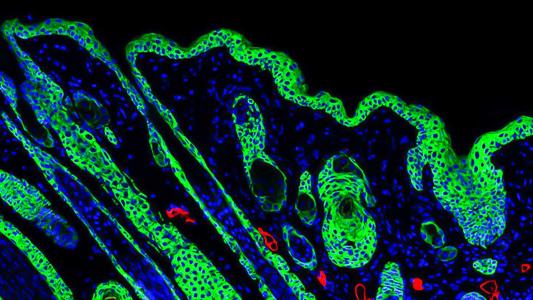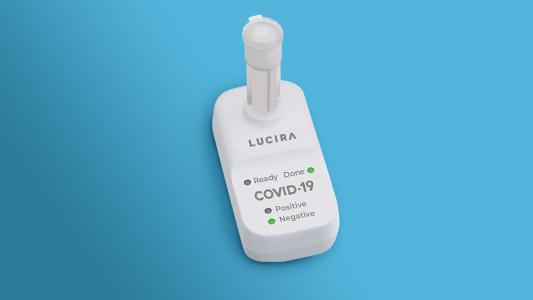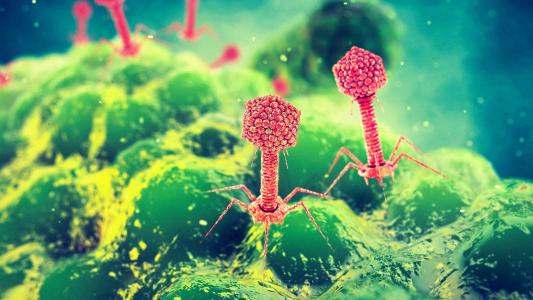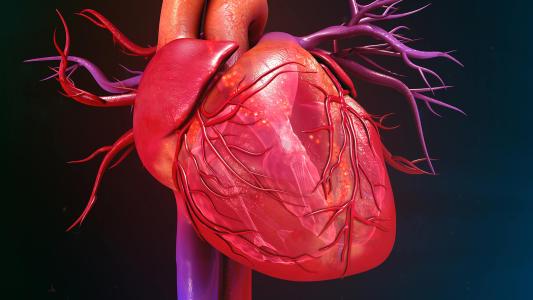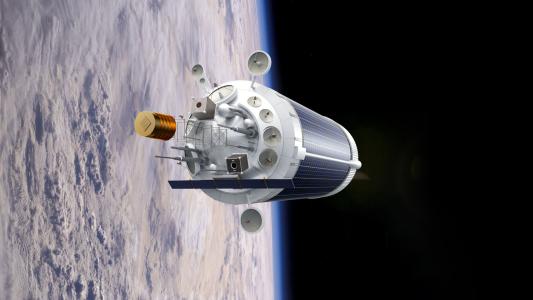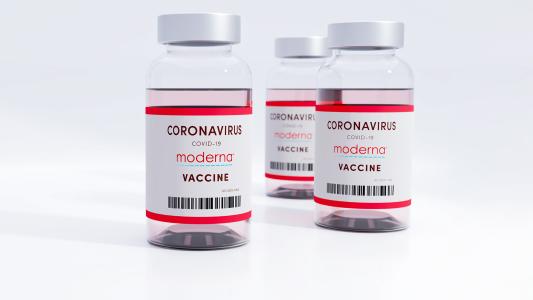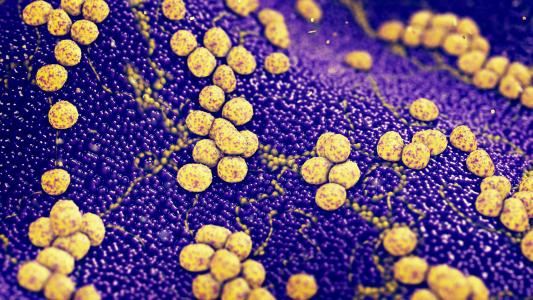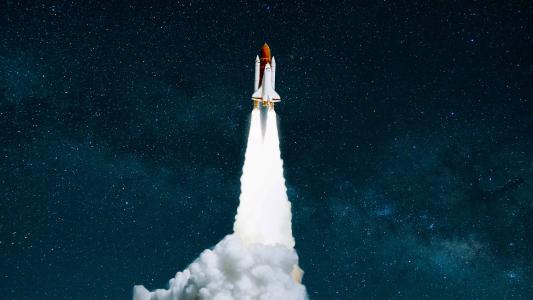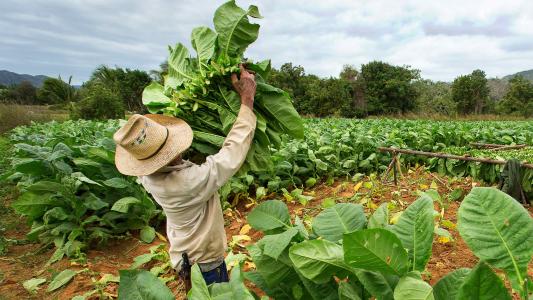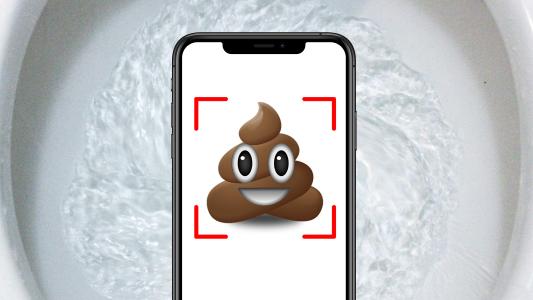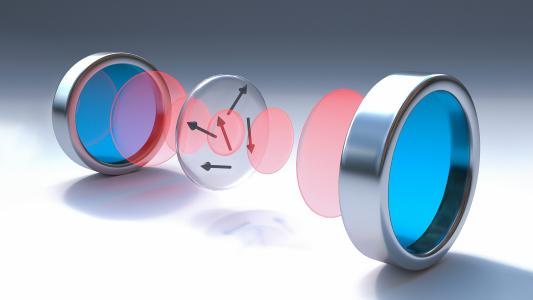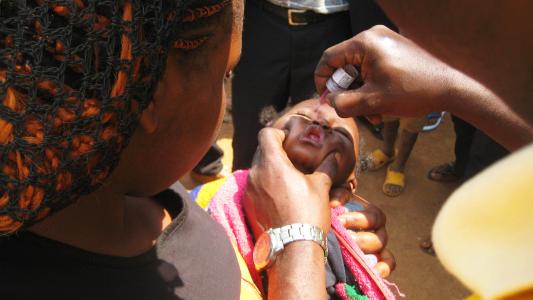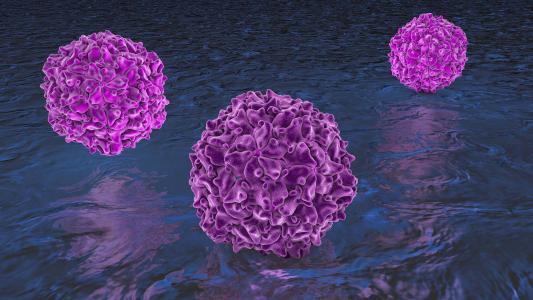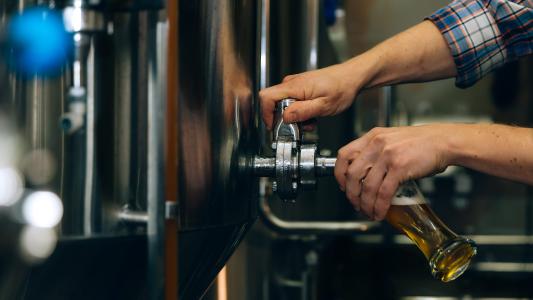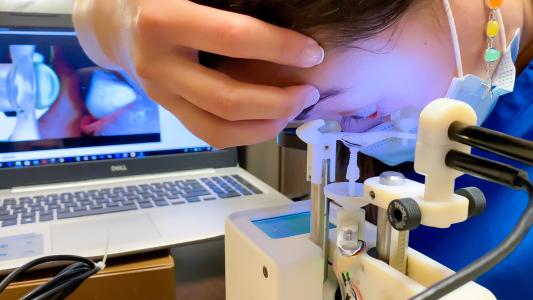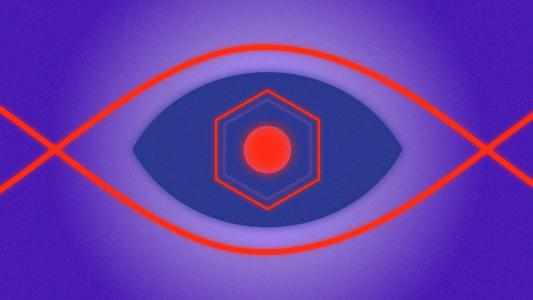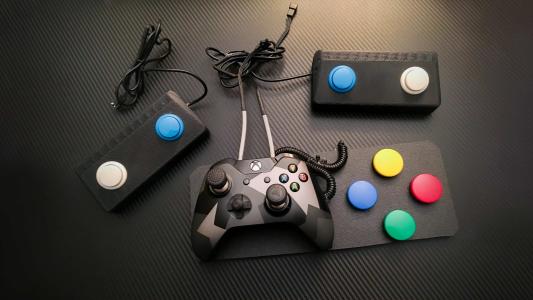Quadriplegic man, using two robot arms, can feed himself again
A man paralyzed from the neck down used a brain computer interface to control two robot arms — a big step in the field of mind-controlled prosthetics.
Ice Age wolf mummy discovered almost 100% intact
An almost perfectly preserved wolf mummy discovered in the Canadian tundra is giving researchers a glimpse into the life of an ancient wolf.
Physicists are starting to harness the power of deepfakes
Generative adversarial networks are the scary AI producing deepfakes. But they have other uses too, and physicists are starting to harness their power.
The next car you purchase could include 3D printed parts
Automakers are relying more heavily on 3D printing, and for drivers, that means more customization options.
5 awesome space exploration achievements of 2020
2020 was a big year for space news. Here are five achievements in space exploration that were particularly awesome.
Scientists are using old spy satellite photos to study ecological change
Researchers are using new image processing techniques designed for drones to study declassified, Cold War spy satellite photos for ecological change.
Just how are deepfakes made, anyway?
Capable of creating incredibly realistic false data — most infamously of famous people — deepfakes are a powerful tool.
First-of-its-kind app lets scientists analyze DNA on the move
Genome sequencing tech is getting more portable. Now, there’s a genome analysis app that puts the ability to study those genomes in scientists’ pockets.
This may be the 3D-printed submarine of the future
Using unique construction techniques, this 3D-printed submarine may set the pace for the building of large AUVs to come.
New optical sensor imitates the human eye
Researchers have created an optical sensor, designed to mimic the human eye. The team says this is a major breakthrough in neuromorphic computing
NASA scientists want to send this robot dog to Mars
A modified version of Boston Dynamics' robot dog Spot could be the ideal Mars rover for exploring caves and other underground structures.
These chatbots provide genetic counseling services
Genetic counseling services are in high demand. Now, chatbots are providing some of those services, helping patients navigate DNA testing.
This VR exoskeleton lets you actually run through virtual worlds
A VR exoskeleton called the Holotron works with a person’s entire lower body to let them control the locomotion of an avatar in VR.
CRISPR's big year: top breakthroughs of 2020
2020 was a big year for the gene-editing tool CRISPR. It was used to cure disease, edit DNA in a human's eye, and even gene-edit pigs to grow suitable organs to transplant into humans.
Electric planes will bring cheaper flights and less CO2
Electric aviation would mean less CO2 emissions and cheaper airfare — but batteries still aren't powerful enough to compete with fuel-filled commercial jets.
See the Milky Way 1.6 million years from now
Using data from the Gaia spacecraft, ESA scientists predict where 40,000 stars in the Milky Way will be 1.6 million years from now.
We need a better way to track polar bears. This father and son found a way.
A father-son duo has teamed up to develop four different temporary tracking devices being tested by polar bears in the far North.
These are the medical breakthroughs that inspired us in 2020
2020 has put medicine to the forefront like never before. Freethink’s B. David Zarley looked back on the year and chose three medical developments that inspired him.
The best therapy dog may be a robot
A life-life robot dog might be an effective — or even preferable — alternative to a living therapy dog, according to a new study.
Want better science? Learn how to lie (with magic).
Some experiment designs need to deceive. These former magicians have some advice.
The new coronavirus mutation: What we know & what we need to figure out
A new coronavirus mutation is spreading quickly in the U.K. Here’s what we know about the coronavirus strain and what we need to figure out.
Environmental DNA may prove the discovery of a new kind of whale
Researchers have found what they believe to be a new species of beaked whale. Environmental DNA will be used to prove it.
New atomic clock is the most precise ever created
MIT researchers have created a new kind of atomic clock that exploits quantum entanglement to keep time more precisely.
Tweaked psychedelic drug could treat addiction, depression
A modified ibogaine molecule could be a safer and more accessible treatment for addiction and depression than the psychedelic drug in its natural state.
Tobacco-based COVID-19 vaccine moves to human trials
British American Tobacco has FDA approval to begin human trials on a tobacco-based COVID-19 vaccine that could potentially be stored at room temperature.
Genetically modified pigs get green light from FDA
The FDA has approved Revivicor’s genetically engineered GalSafe pigs for use as food or medical products — a first for genetically modified animals.
This digital dinosaur brain has some “quite surprising” insights
The Bristol dinosaur is like a mini-Brontosaurus, a four-legged plant eater. Or so we thought; a new digital dinosaur brain may change what we know about the dino.
Deep learning vs. machine learning: Explained
Deep learning vs. machine learning AI: what’s the difference?
A massive iceberg is about to crash into an island of penguins
A massive iceberg is expected to hit South Georgia Island. To assess the impact of the collision, researchers are deploying a pair of robot submarines.
An AI co-pilots a military jet for the first time
On December 16, 2020, the Air Force flew an AI co-pilot on a U-2 spy plane. This is the first time that the Air Force completed a military flight with AI.
Your questions about the Pfizer COVID-19 vaccine answered
If you have questions about the COVID-19 vaccine approved for use in the U.S., this is your place to find answers.
Gifts for the biohacker in your life
This year has put health front of mind for many of us. Biohackers are all about knowing themselves, and with this gift guide, you’ll look like you know them.
A universal flu vaccine has aced phase 1 trials
Influenza’s constant genetic shifting means flu vaccines aim at a moving target. But a universal flu vaccine just passed its phase 1 trials.
HIV can hide inside human cells for years. Can CRISPR cut it out?
Using CRISPR to stop the replication of SIV, a primate virus closely related to HIV, researchers may have taken a step to wiping the virus out in the body.
Genetically engineered tomato can grow drug to treat Parkinson’s
The latest biopharmaceutical is a drug for Parkinson’s disease, Levodopa, produced by genetically modified tomato plants.
Robot dogs are being deployed at a US military base
Four robot dogs are heading to a Florida Air Force base to serve as security patrol, marking the U.S. military’s first full-time deployment of a robot dog.
Smartphone app gives independent travel to the disabled
In partnership with Ford
A new smartphone app unlocks independent travel for people with intellectual disabilities.
These futuristic sensors will allow cars to see through fog
Quantum sensors will transform self-driving cars, medical imaging, and more.
MDMA couples therapy could help couples dealing with PTSD
A small study out of Canada investigated the potential of using MDMA-assisted couples therapy to treat PTSD.
Making it rain with “cloud seeding”
China is using cloud seeding to create rain where and when it’s needed. Will it try to use geoengineering to combat climate change next?
FDA authorizes first over-the-counter COVID-19 test
The FDA has authorized the first over-the-counter COVID-19 test for home use, but buyers still have to send their samples to a lab for processing.
SpaceX’s Starship exploded, but the flight was a success
During a test flight, a SpaceX Starship rocket prototype soared to a record height of eight miles, completed a successful “belly flop” — and then crashed.
Heads up display lets firefighters see through smoke
Qwake Technologies’ C-Thru is a heads up display that combines AI, augmented reality, and thermal imaging to help firefighters battle blazes.
Ballerina teaches robot to dance with her during pandemic
“Quantum ballerina” Merritt Moore choreographed duets during lockdown — and then programmed a dancing robot to perform them with her.
Can Japan’s asteroid samples show us how life began?
JAXA’s Hayabusa2 has successfully returned asteroid samples to Earth. Its next mission? Gather information that could help prevent an asteroid impact.
AI navigation system teaches itself to steer internet balloons
Loon is using a new AI navigation system trained via reinforcement learning to control its fleet of internet-beaming balloons in Kenya.
Microdosing mushrooms: Explained
Microdosing mushrooms — taking doses of psilocybin too small to cause a trip to enhance daily life — is gaining momentum. But does science support it?
MIT built an AI to design robots
MIT has developed an AI capable of robot design — all you need to do is tell RoboGrammar the bot’s goal and the available body parts.
Giant rocket launching drone will take satellites to space
The world's biggest drone is designed to launch satellites into orbit while airborne.
Why do we care about moon rocks, anyway?
China’s Chang’e 5 is bringing the first new set of moon rocks and debris to Earth since the 70s. Why do scientists want these precious stones?
4 people in the world have a mysterious dementia. Could it hold a key to Alzheimer’s?
Alzheimer’s has proved difficult to treat. But solving the mystery of this ultra-rare frontotemporal dementia may unlock new understanding.
What does a solarpunk future look like?
The writers, artists, and activists of the solarpunk movement envision a future in which we’ve overcome the problems inspiring today’s dystopian sci-fi.
Cancer blood test trial to launch in the UK
The UK is trialing a blood test designed to detect 50 types of cancer at once, which could be a gamechanger in cancer screening if proven effective.
Gene therapy restores youthful eye cells — and vision — to older mice
A team of researchers have achieved sight restoration in older mice and those modeling glaucoma, in what could be an important step in understanding aging.
A gene drive could wipe out mosquitoes. But what if we want to turn it off?
Gene drives could wipe out malaria. It's risky, but scientists say it's getting safer.
CBD does not impair driving, study finds
A new study has demonstrated that CBD is safe for driving, while the effects of THC last only a few hours. This work could inform cannabis use laws.
Nematode worm could liquify slugs for US farmers
A parasitic nematode used in Europe to kill slugs was just discovered in Oregon, supporting calls to have its use for pest-control approved Stateside.
Cultured meat gets first greenlight for sale
In a world’s first, Singapore has approved the sale of cultured meat, a major win for the meat alternatives industry.
New pancreatic cancer treatment penetrates tough tumors
For a new pancreatic cancer treatment, researchers attached a chemotherapy drug to an antibody that targets a molecule on the outside of cancer cells.
Ai discovers billions of new trees from space
Researchers are using artificial intelligence and a supercomputer to count all the trees on the planet, via imaging from space.
DeepMind AI cracks the code of protein structures
A protein’s structure is crucial to its function. Predicting how a protein will fold was a challenge decades in the making — and answered by DeepMind.
Scientists sniff out the smells of old europe
A research team has just launched an ambitious project to identify and reconstruct the most popular scents of everyday life in 16th century Europe.
CRISPR used to edit HIV cure into monkey embryos
A mutation of the CCR5 gene can cure HIV — and thanks to CRISPR, scientists may soon be able to study it in animal models.
The quest for a “warm” COVID-19 vaccine
Developers are on the hunt for a warm COVID-19 vaccine, one that could be distributed in places where a reliable cold chain isn’t available.
This databank of mammalian genomes is the Noah’s Ark of DNA
The Zoonomia Project is the largest database of mammalian genomes to date, and it’s already helping researchers study SARS-CoV-2 and extinction risk.
At-home breast cancer screening, powered by AI
An award-winning at-home breast cancer screening device, called the Blue Box, could one day replace uncomfortable mammograms.
Reusable rockets: Making space more affordable
Reusable rockets, like those developed by SpaceX, are ushering in a new, cheaper era in space exploration
Congo just used vaccines to beat Ebola. What they learned could stop COVID, too.
Congo’s recent success delivering frigid Ebola vaccines to remote areas may provide invaluable experience for a COVID-19 vaccine cold chain.
Google’s Tree Canopy Lab is helping LA cool down
Google’s new Tree Canopy Lab uses AI and aerial photography to combat the urban heat island effect by showing a city exactly where it could use more trees.
Cancer immunotherapy “baits” the immune system into attacking hidden lung tumors
When cancer spreads, it often ends up in the lungs. ImmunoBait can ride a red blood cell in mice to deliver cancer immunotherapy where they live.
We can now see a virus invasion in real-time
Understanding how a virus infects and replicates in a cell is crucial to stopping them. Now, researchers can see an infection in real-time.
The hep C cure may also fight COVID-19
SARS-CoV-2 uses a number of key proteins to infect us, including its main protease. New research has found hepatitis C drugs can bind this protein.
Stopping nightmare disorder with a prescription-only watch
A prescription-only watch that treats nightmare disorder is the latest in a growing subset of health technologies called prescription digital therapeutics.
CRISPR could help save coral reefs from bleaching
Using CRISPR, scientists have identified a gene that could determine whether coral reefs are highly susceptible to bleaching or not.
When will we have a COVID-19 vaccine?
Several developers have reported incredible coronavirus vaccine progress, so when will we have a COVID-19 vaccine ready for distribution?
Human battles AI fighter jet in first man vs. machine test flight
Daniel Robinson, a veteran F-22 pilot, flew a real aircraft and battled an AI virtual fighter in a world's first.
Oxford says its COVID-19 vaccine is up to 90% effective
The University of Oxford's COVID-19 vaccine was up to 90% effective in a phase 3 trial and could be easier to distribute than other coronavirus vaccines.
How long will coronavirus immunity last?
Coronavirus immunity might last for years, according to a new study that measured the levels of virus-fighting immune cells in COVID-19 survivors.
We can grow 60% more food by hacking photosynthesis
By improving photosynthesis, we can get more food from our farmland.
New skin cancer vaccine is twice as powerful
By adding two “boosters” to an in-development skin cancer vaccine, scientists may have improved its ability to prevent melanoma recurrence.
Scientists want to use a laser beam to control lightning
A new laser beam may allow scientists to control lightning, allowing them to divert a bolt to strike where it’s less likely to cause a wildfire.
Bacteria could make space mining 400% more efficient
Using a bioreactor packed with bacteria could make space mining more efficient by speeding up the extraction of elements from rock.
New vanishing wound dressing heals skin with minimal scarring
A new kind of hydrogel dressing improves wound healing and minimizes scarring by kicking the adaptive immune system into gear.
FDA authorizes first at-home COVID-19 test
The FDA has authorized an at-home COVID-19 test that delivers results in 30 minutes, but you can’t get it without a prescription.
Bacteria’s self-destruct mechanism may unlock next-level genome editing
A mystery for 30 years, retrons are showing potential as genome-editing tools. Now, we know what they actually do.
The most detailed map of the human heart
A new map of the human heart details the function and location of 500,000 cells, providing a valuable tool for researchers studying cardiovascular disease.
The plan to convert space debris into labs for astronauts
Space services company Nanoracks plans to convert space debris into orbiting “Outposts” that could serve as hotels, research parks, and more.
Trial suggests Moderna’s coronavirus vaccine is 95% effective
Another win for mRNA vaccines: Moderna’s coronavirus vaccine appears to be 94.5% effective at preventing COVID-19, according to initial trial data.
New “universal” diagnostic test can ID any infection
UC San Francisco scientists have developed a new diagnostic test that uses DNA sequencing to quickly identify any pathogens in any type of patient sample.
Fusion-powered spaceships could take us into deep space
Fusion could make frequent trips into deep space possible.
A flu vaccine grown in tobacco plants just aced its clinical trials
Plant-based vaccines can be made cheaply and at scale. A tobacco plant-based vaccine for influenza has now been the first to complete clinical trials.
Finally! A smart toilet offers fecal testing for the masses
Fecal testing can reveal a surprising amount of medical data. Israeli startup OutSense wants to do so from your home.
Scientists create modem for future quantum internet
Physicists have created a modem for the quantum internet of the future, giving powerful quantum computers a way to share information.
Can a new polio vaccine help finish the virus off once and for all?
Thanks to polio vaccines and public health campaigns, polio is on the run — although COVID has it fighting back. Can a new vaccine help turn the tide again?
“Virus burritos” could be the key to vaccine preservation
Vaccine preservation is crucial to world health; the WHO estimates we waste 50% of vaccines a year. Vaccine burritos may provide some help.
Brewery is world’s first factory fueled by iron powder
A Dutch brewery is using iron powder to generate clean energy, marking the first industrial use of iron fuel.
This robot will put your contact lenses in for you
A man in Florida has invented a contact lens robot to insert or extract lenses for people with hand tremors or dexterity issues.
Gene therapy shows promise as a glaucoma treatment
A new gene therapy was able to repair a damaged optic nerve in mice, suggesting it might be useful for treating glaucoma in people.
Amputee veterans need to game, so this engineer builds new controllers from scratch
Inspired by his visits to Walter Reed Medical Center, engineer Ken Jones makes adaptive controllers to keep veterans gaming.
Scientists found a coral reef bigger than a skyscraper, hidden in plain sight
Researchers used an underwater robot to explore a new coral reef near Australia. The coral reef is the first reef discovery in 120 years.
